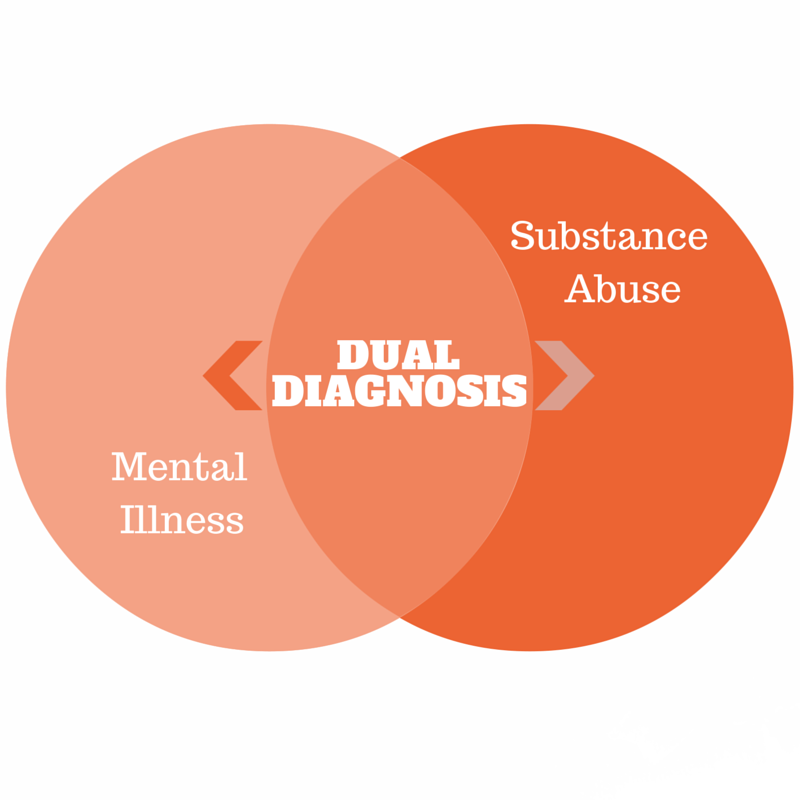Substance abuse and mental health disorders often go hand in hand, creating a complex and challenging situation for those affected. Dual diagnosis, also known as co-occurring disorders, refers to the presence of both a substance use disorder and a mental health disorder. This dual diagnosis can complicate treatment and recovery efforts, as both issues need to be addressed simultaneously to achieve lasting results.
Challenges Faced by Individuals with Dual Diagnosis
Individuals with dual diagnosis face a unique set of challenges that can make it difficult for them to seek help and stay in treatment. Some of the common challenges include:
Stigma surrounding mental health and substance abuse
Difficulty in accurately diagnosing and treating both disorders
Lack of integrated treatment options
Higher risk of relapse and overdose
Solutions for Addressing Dual Diagnosis
Despite the challenges, there are effective solutions for addressing dual diagnosis and promoting recovery. Some of the key solutions include:
Integrated treatment programs that address both substance abuse and mental health disorders simultaneously
Individualized treatment plans that take into account the unique needs of each person
Comprehensive support services, such as therapy, medication management, and peer support groups
Education and awareness initiatives to reduce stigma and increase access to care
The Role of Technology in Dual Diagnosis Treatment
Technology plays a crucial role in addressing dual diagnosis and improving outcomes for individuals with co-occurring disorders. Some of the ways technology can be utilized include:
Telehealth services for remote access to treatment and support
Mobile apps for monitoring symptoms, tracking progress, and connecting with support networks
Online therapy and support groups for individuals who may have difficulty attending in-person sessions
Conclusion
In conclusion, substance abuse and dual diagnosis present unique challenges that require comprehensive and integrated approaches for effective treatment and recovery. By addressing both substance abuse and mental health disorders simultaneously and utilizing technology to enhance care, individuals with dual diagnosis can achieve lasting recovery and improved quality of life.
